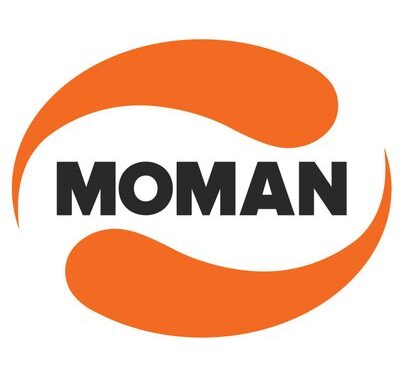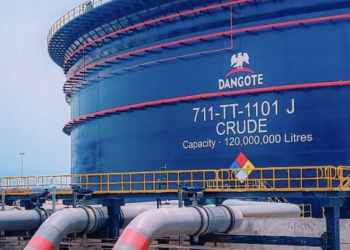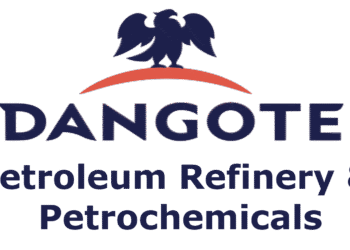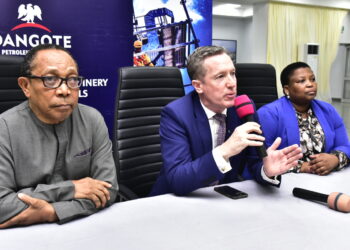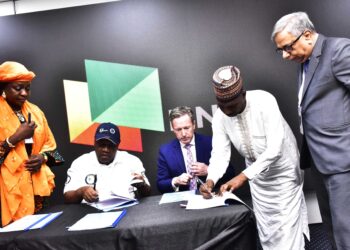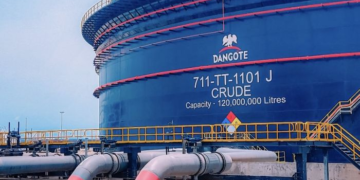Lagos – The Chairman of the Major Oil Marketers Association of Nigeria (MOMAN), Mr Olumide Adeosun, has welcomed the deregulation of the petroleum downstream sector and the unification of foreign exchange rates.
Adeosun, the Chief Executive Officer of Ardova Energy, said the issues of foreign exchange and fuel subsidy had been successfully addressed.
He, however, stressed that other challenges in the oil sector still needed attention.
Adeosun spoke during an interactive session with journalists in Lagos on the development in the downstream operations, emphasized the need for a sustainable welfare package for citizens.
He highlighted the importance of productivity in the country’s development and called on the government to address issues such as insecurity, increase productivity in the oil and gas sector, and curb the rising cost of food and transportation.
Adeosun also applauded the inauguration of a committee on fiscal policy and tax reforms and appealed to the government to reconsider the 7.5% VAT on diesel, to ease burden on Nigerians.
He suggested the suspension of the 7.5 per cent VAT on diesel until the negative impact of the petrol subsidy removal
is dealt with.
Adeosun further urged the government to consider subsidy for transportation and tackle challenges such as insecurity, crude oil theft, as well as fuel and power subsidies.
He gave assurances that members of MOMAN members have the capacity to import petrol into the country.
He added that the challenge to importation will be the balanced wind-down of NNPCL imports as the private sector takes the burden while waiting for the onboarding of local refineries.
“The reality is that many of us have importation licenses that have never lapsed.
“We renew them on a quarterly basis via the NMDPRA portal. Some of us are also importing diesel, so we need these licenses.
“The licenses cover multiple products such as ATK, PMS, and AGO. The regulator will tell you that we need them even when we are receiving products from the Nigerian National Petroleum Company Limited (NNPCL), particularly on the high sea,” he said.
Adeosun also emphasized the need for efficiency in the importation and delivery operations process to offset the shortcomings in forex rates.
“That has often been the case when aligning with the NNPCL operating regime. Efficiency has always been at the forefront, and subsidies will absorb all of that.
“As for us, we own the vessel, depot, trucks, and retail outlets, so we can afford to optimize efficiency,” clarified Adeosun.
He called on the government to implement favorable regulatory frameworks, provide incentives for renewable energy projects, and encourage research and development in clean technologies.
“This newfound commitment to alternative fuels is not only driven by environmental concerns but also by the economic and social benefits associated with a transition to a sustainable energy future.
“By embracing alternative fuels and renewables, governments are not only leading the way towards a greener and more resilient future but also fostering innovation, job creation, and energy security for our country,” he said.
(vitalnewsngr.com)


